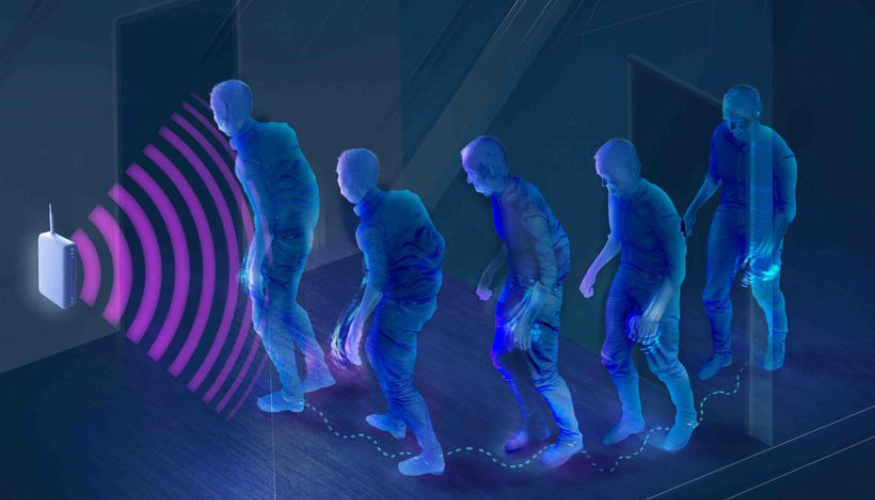MIT takes a step forward in technology to monitor Parkinson’s

New England Council member Massachusetts Institute of Technology has created a device that can assist patients with Parkinson’s disease. The system can work as a proactive way to gauge if someone has Parkinson’s disease as well as monitor patients by tracking how they walk.
The device uses a radar-like technology with a radio transmitter-receiver that is installed in a person’s home as a non-invasive treatment option. To test the effectiveness of the device, MIT researchers observed a group of 50 people, 34 of which were diagnosed with Parkinson’s disease. They found that the receiver collected a grand total of 200,000 observations. From this data, researchers found that they were able to measure the effectiveness of Levodopa, a medication given to patients to manage their symptoms. This system would minimize Parkinson’s patients’ need to schedule extra appointments as physicians could monitor their patients remotely and review the observation points in order to prescribe the best dosage for medications.
Dina Katabi, lead Professor on the project said, “we know very little about the brain and its diseases. My goal is to develop non-invasive tools that provide new insights about the functioning of the brain and its diseases.”
Read more in the Boston Globe.